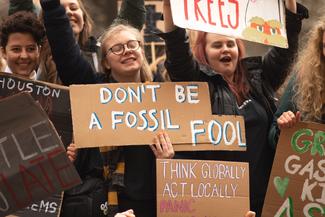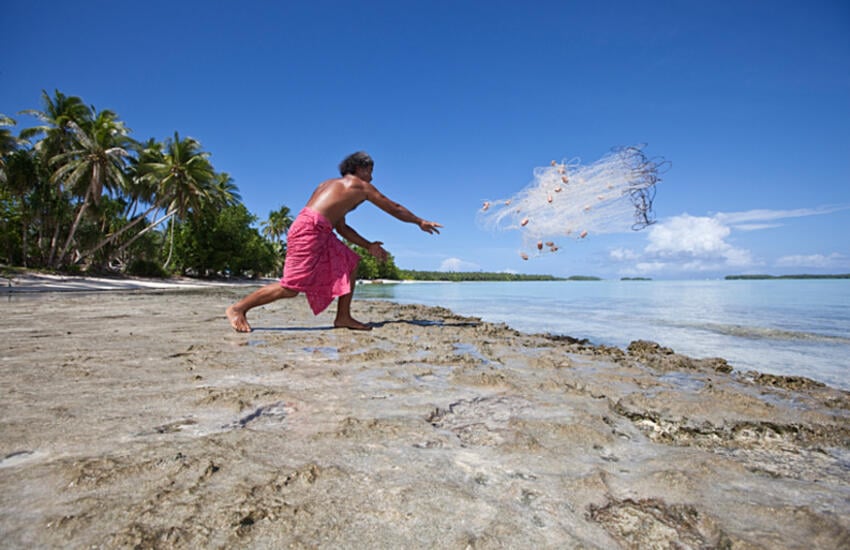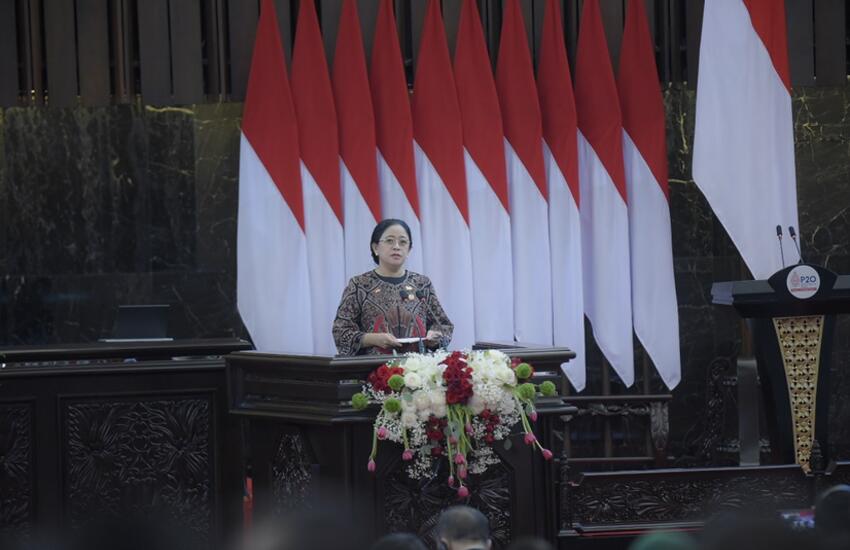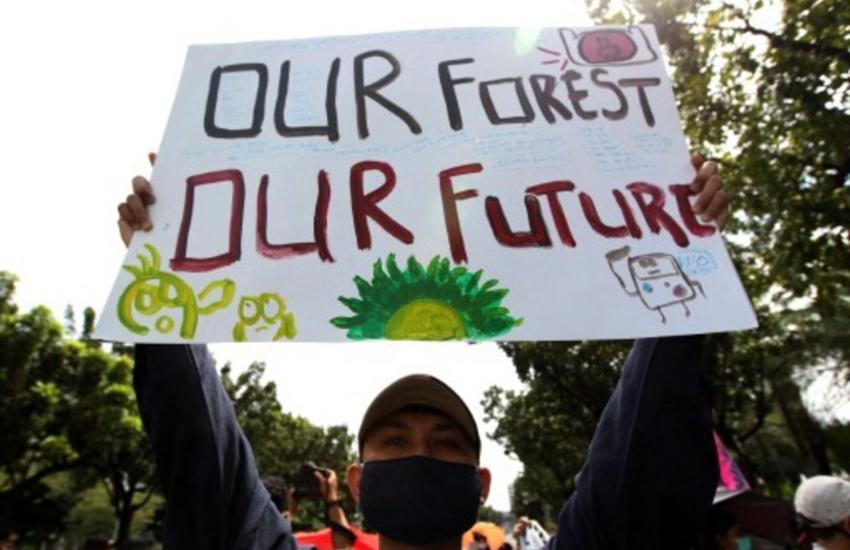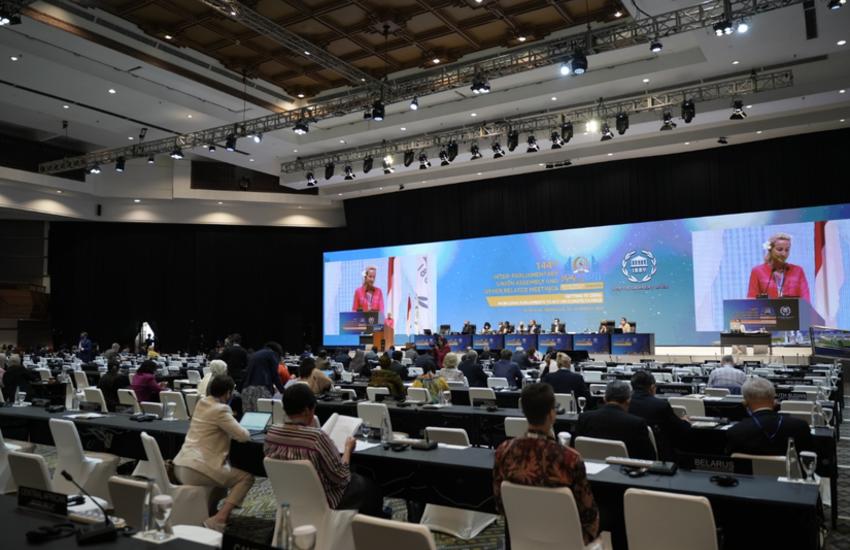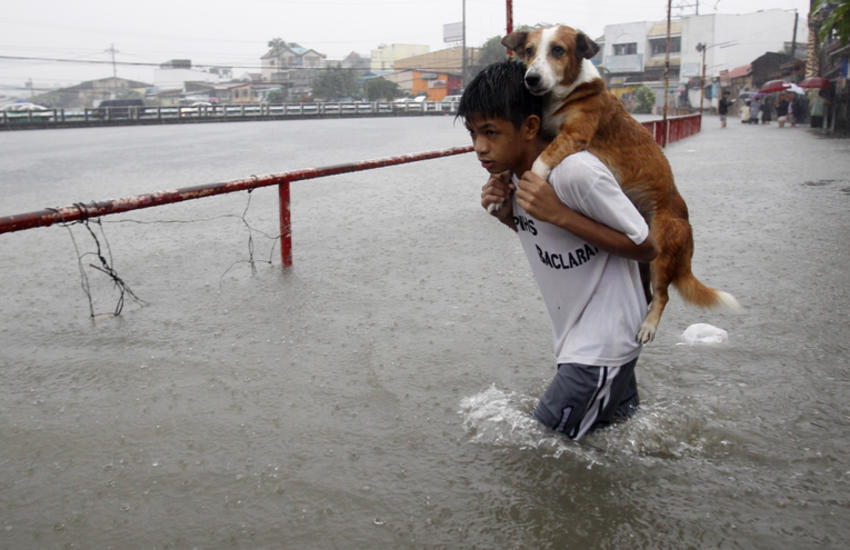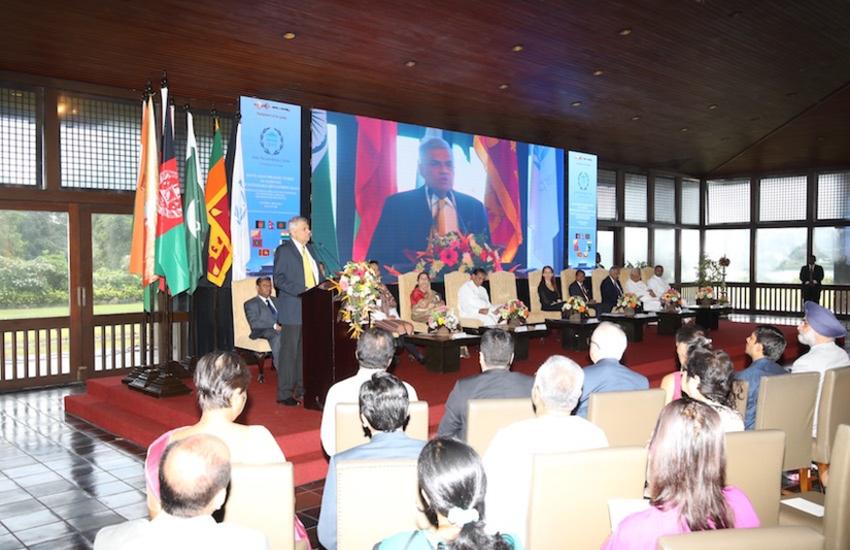Hosted by the Indonesian Parliament, the 144th Assembly of the IPU brought together some 110 national parliaments on the theme ‘Getting to zero: Mobilizing parliaments to act on climate change’. The Assembly concluded with the adoption of the Nusa Dua Declaration, in which the world’s parliamentarians recognized the urgent need to address the climate crisis.
The Nusa Dua Declaration
The Nusa Dua Declaration is a global call for immediate, inclusive action. Beginning with, "We, Members of Parliament, gathered together at the 144th IPU Assembly in Nusa Dua, Indonesia, recognize the urgent need to address the climate crisis. Climate change poses an existential threat to humankind and immediate action must be taken to minimize its worst impacts," the declaration urges global parliamentarians to act in five critical areas:
- Strengthening national-level action to meet global commitments
- Accelerating a clean energy transition for a green COVID-19 recovery
- Working towards inclusive climate action
- Promoting greener parliaments
- Enhancing regional and global cooperation for joint climate solutions
Climate change is now
The climate emergency is affecting every region of the world and continues to intensify at a rapid pace. Recent findings from the Intergovernmental Panel on Climate Change (IPCC) show that unless there are immediate reductions in greenhouse gas emissions, the goal of limiting global warming to 1.5 degrees Celsius, or even 2 degrees Celsius, will be unreachable. This report was the third instalment of the IPCC’s sixth assessment, covering ways of reducing emissions. The final report is due in September, 2022.
MPs speak out
During the Assembly, IPU Members highlighted their national progress on climate change and the measures they are taking to accelerate decarbonization. However, no words were more powerful than the testimonials from countries already greatly affected by rising sea levels and changes in weather patterns.
Samuelu Penitala Teo, the Speaker of Tuvalu, said: “With sea level rises in place, we are already affected. Here we are in the Pacific Islands, where we haven’t contributed anything at all, hardly, to the climate crisis. And we are paying the price of it. One day we will be forced to migrate. People are already migrating because they see no future in Tuvalu. And the only way to save Tuvalu right now,“ he added, “is to stop talking and build the country up. Another 2 metres up. But we need the funding to build Tuvalu up, to save Tuvalu. If we save Tuvalu, we can save Bangladesh, we can save a lot of countries. We will save the world.”
Adam Shareef, Maldives MP, said: “In the Maldives we are facing an uncertain future for our future generations, as climate change threatens our islands’ coastal infrastructure, our livelihoods, and fresh water. Frequent flooding during the monsoons and destruction of those coastlines increases immense suffering in some of our communities today.”
The way forward is clear
The latest IPCC report describes a viable path to halving global emissions by 2030. This outlook is more favourable than in earlier assessments, made possible by profound reductions in the cost of clean, renewable energy. Technological solutions now exist to reduce emissions across energy, buildings, cities, transport and to a large extent, industry.
But broad policy action is needed to make steep emissions reductions happen. Many MPs spoke of their country’s commitment to pursuing such policies, including Tulia Ackson, Speaker of the National Assembly of Tanzania, who said: "In Tanzania, the parliament has taken an historic position in approving a huge hydro-electric dam to meet our country's energy needs sustainably. We have also approved budgets for a rapid transit system and construction of a standard-gauge railway, all of which will enhance our commitment to using clean energy in our aim to reach net zero."
Fatma Oektem, Denmark MP, said: "In Denmark we are ready for the next adventure in green growth. We already have world-leading green technologies such as wind turbines. But we need to develop more. For example, our government is building the world’s first energy islands, marking the beginning of a new era for large-scale offshore wind power. We believe this is the way to go."
Global cooperation is key
Efforts to adapt to climate change and slash emissions will be more effective with stepped-up funding, technology sharing, political commitment and partnerships targeting equity and justice for the most vulnerable communities. As the Nusa Dua Declaration concludes: “As Members of Parliament, we strongly and solemnly agree that it is only through international cooperation on climate change that we can address increasing risks, build solidarity and find lasting concrete solutions and possibilities for a more sustainable world for future generations.”





